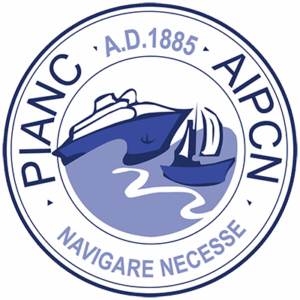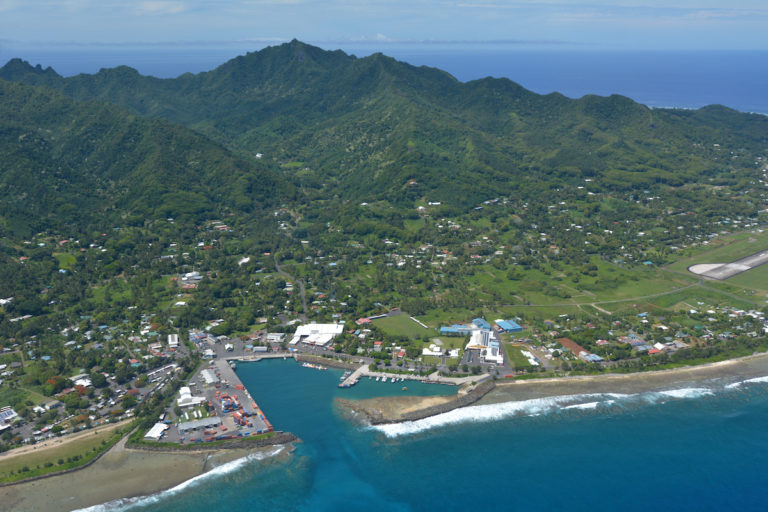Dedicated to the memory of the late Peter Fountain, who championed the establishment of this Working Group, MarComWG240 Guidance For Ports In Small Island Countries has begun its important work with an online meeting in February 2022.
Chair of the new WG Justin Cross praised the international team ‘that are clearly passionate about improving port development and project delivery in some of the smallest countries facing some of the largest challenges -isolated communities, severe natural disasters and response, climate change, construction material availability etc.’
‘Over the next two years this group will look to address these and other key challenges and produce guidelines for improved project delivery.’
Given our region’s focus and support for the Pacific nations, not surprisingly PIANC A&NZ had received numerous expressions of interest from deeply experienced members. Congratulations to our section’s WG participants Richard Hill, Cristian Alfred (alternate) and YP member David Perbey.
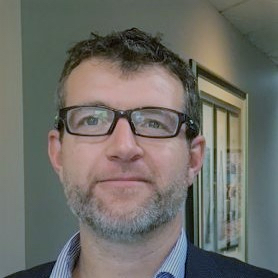
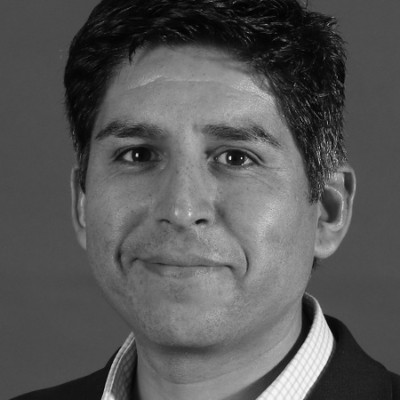
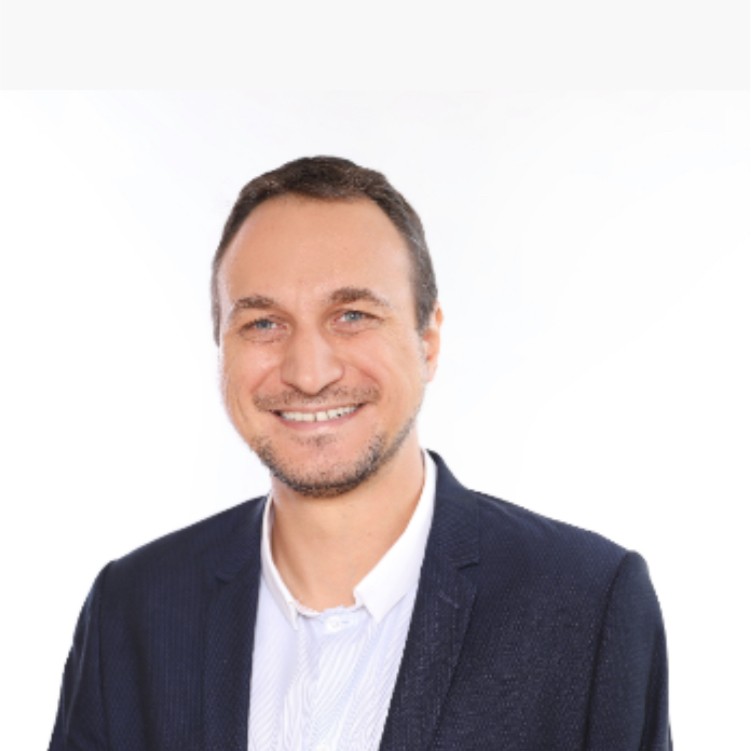

Our National section MarCom representative and A&NZ Board Member, Scott Keane, has also been asked to mentor the group and will participate where needed as well given regional expertise.
The Working Group also includes other significant representation from our region, including the CEO of Solomon Islands Ports Authority, MFAT (NZ Ministry of Foreign Affairs and Trade), Asian Development Bank and World Bank.
Why WG240?
The Terms of Reference for WG240 had noted that while many PIANC guidelines are highly relevant to developing island states ‘however there is a need for planning and engineering solutions which give appropriate recognition to the problems posed by remoteness, limited capabilities and sensitive environments. A number of these island states have experienced difficulty in adapting such guidelines in the face of these challenges.’
The Working Group Objectives are therefore:
‘To provide a guidance document specific to the needs of small island ports, covering best practice port planning, design and construction, efficiency and safety in port and terminal operations, environmental safeguards, implementation of sustainable technologies, and natural hazard response planning.’
The next step for the WG is to finalise the table of contents, assign champions for respective sections and allocate who will contribute to each section.
We wish the Group well and look forward to hearing more as the work progresses.
